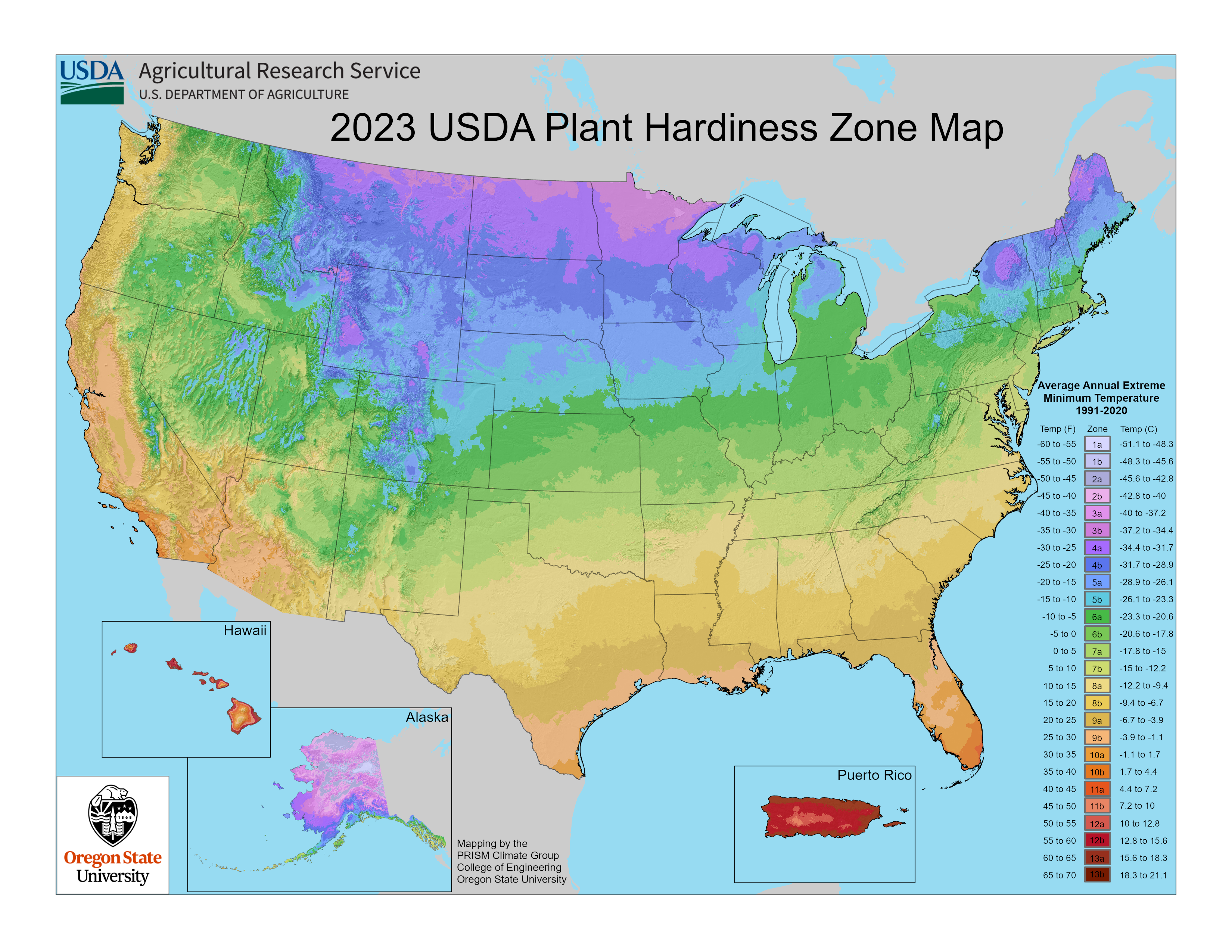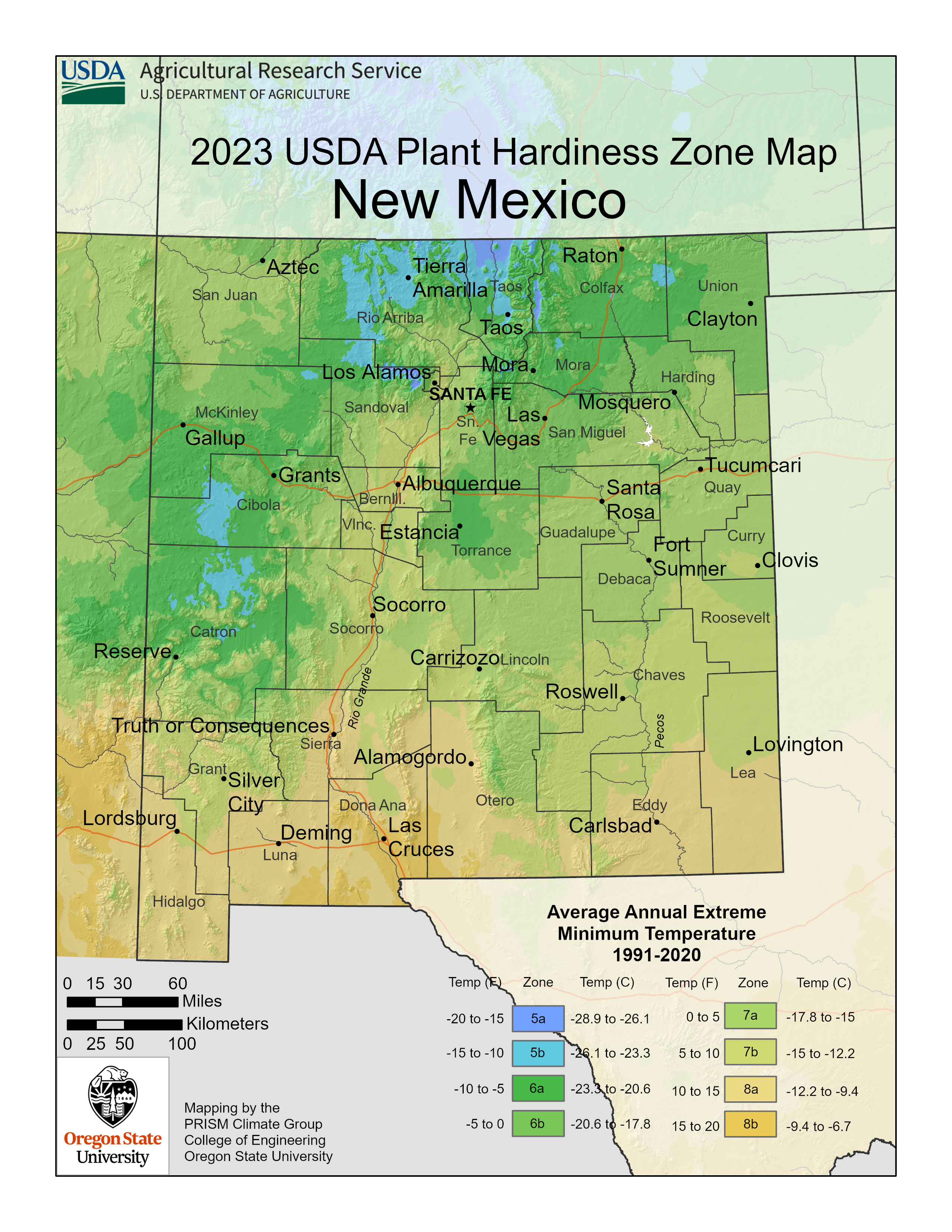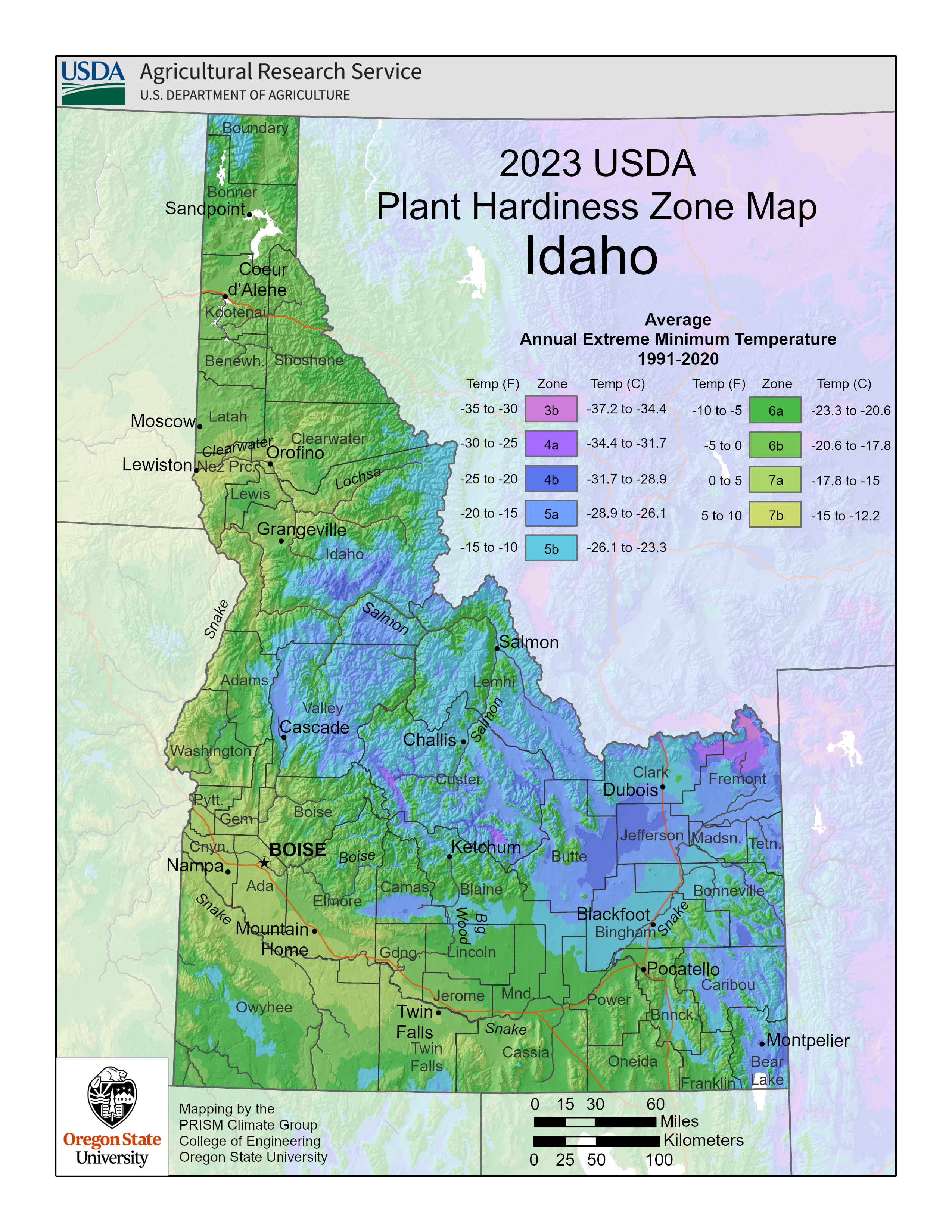It’s a question that has been asked by many people over the years.
Garden pond owners want to know if their ponds will overflow when it rains, and if so, how much water will be spilled.
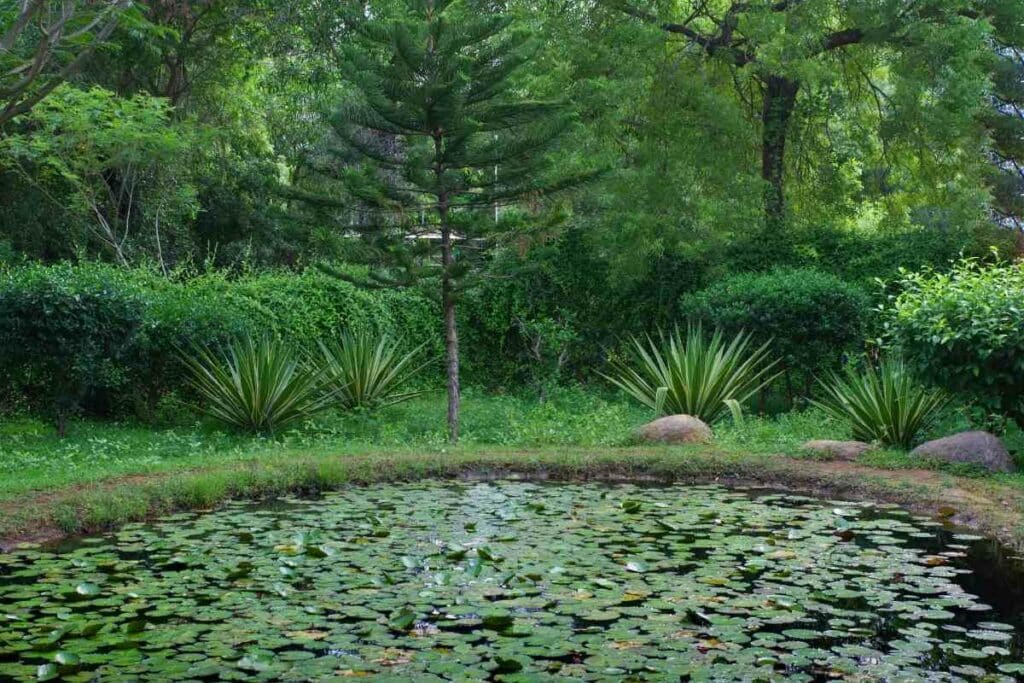
The answer is yes, garden ponds can overflow when it rains, but the amount of water that is spilled depends on the size of the pond and the amount of rainfall.
Benefits of a Garden Pond
If a garden pond can overflow and cause damage to your backyard, is it worth having in the first place?
That’s ultimately up for you to decide, but here are the benefits of having a garden pond.
Good for Your Wallet
Believe it or not, putting in a garden pond in your backyard will save you money.
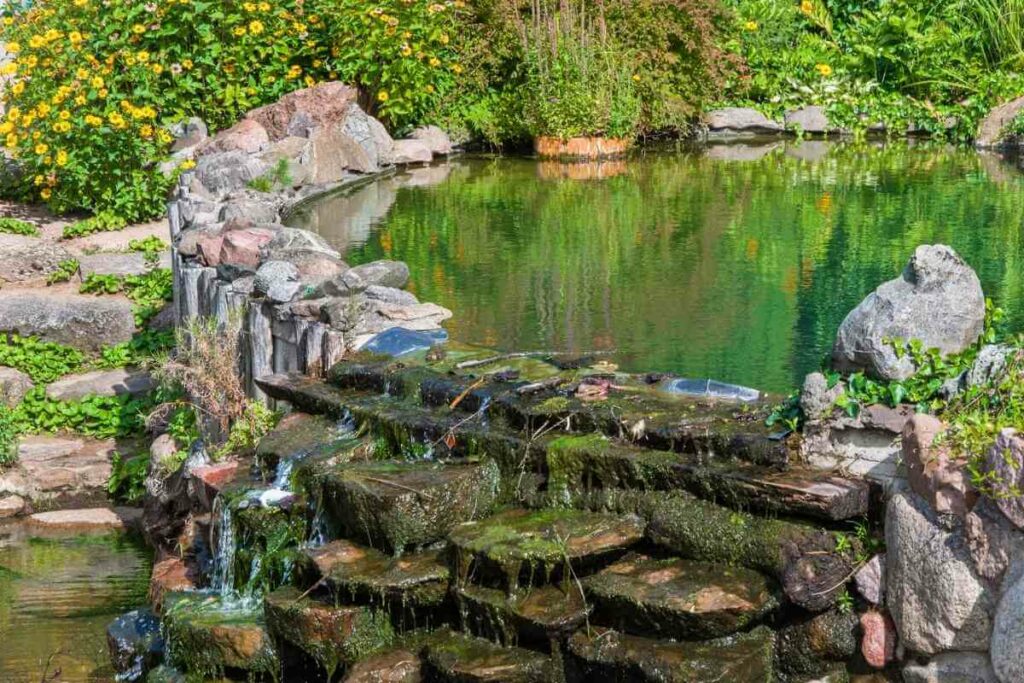
No matter the size of pond you have, you won’t need to fertilize that section of your lawn, you won’t need to water that section of lawn, and you won’t need to mow that section of lawn.
Good for The Environment
A garden pond is also good for the environment.
The water that flows into and out of your pond will eventually make its way into the groundwater, which is a valuable resource.
As a Result – Not having to run a lawn mower to cover that area where grass used to exist is going to cut down on the amount of fuel you burn to run the lawnmower.
Good for Wildlife
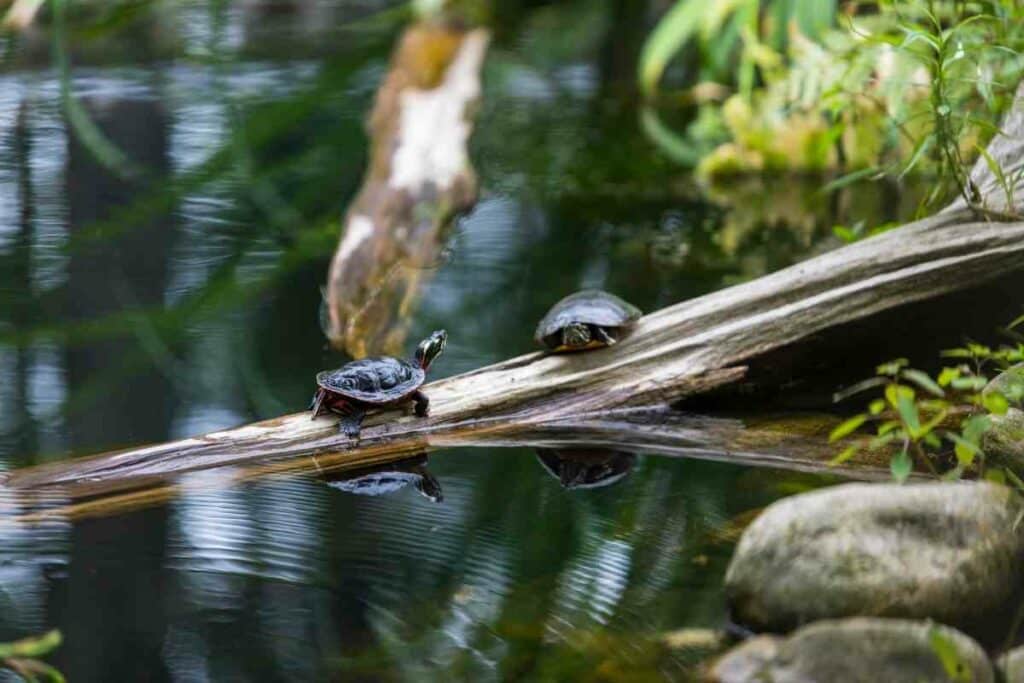
Ponds also provide valuable habitat for wildlife, so if you’re looking to attract more dragonflies, frogs, birds, or butterflies to your yard, a pond is a great way to do it.
If frogs make their home near your pond, and tadpoles hatch in your pond, they eat the algae in your pond keeping it clean.
When those tadpoles mature into frogs, they control the insect population in your backyard.
Good for You
Spending time near water is good for your health. Water is calming and relaxing, but will also promote fitness.
Even simply watching the water, the bubbles that rise to the top, or the ripples from a leaf falling on the surface can be a way to relax in your backyard.
What Causes Ponds to Overflow
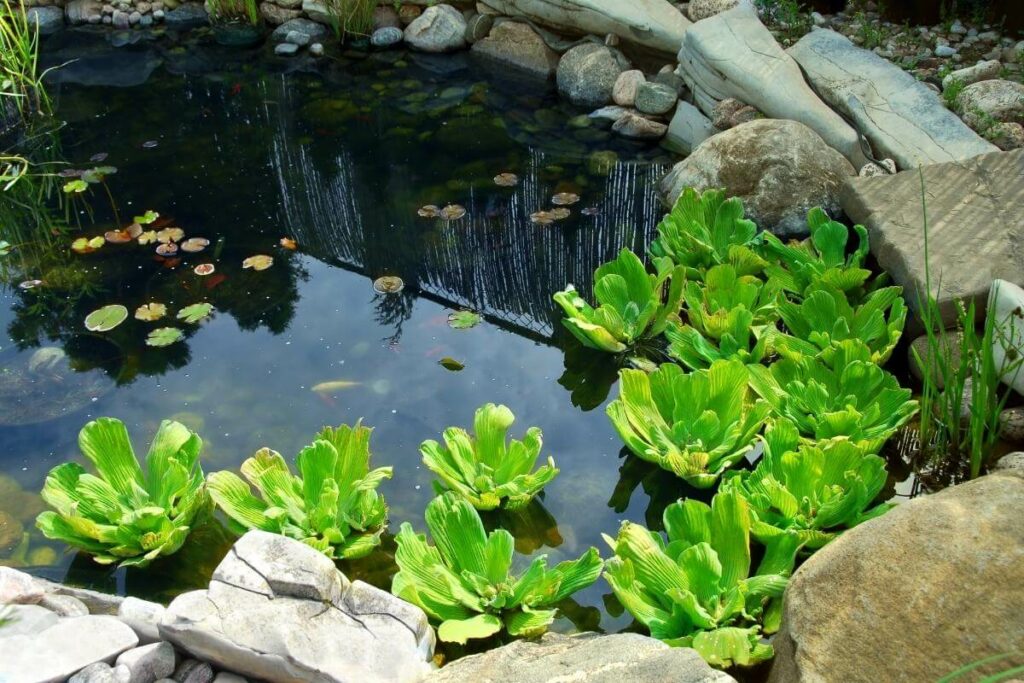
Ponds can overflow for three reasons, and you only have control over one of them.
1. Overfilling
The first reason a pond overflows is that you left the hose on and you have overfilled it.
This is the only cause of overflow that you are in control of. Make sure you monitor the water level and shut your hose off before your pond floods your backyard.
2. Melting Snow
The second reason a pond would overflow is from melting snow.
If you’re lucky enough to not get snow in the winter, this won’t be an issue for you.
If you do live somewhere that sees snow, try to clear the area around your pond before it starts to melt.
Keep In Mind – Remember that as the snow melts it travels down, so if your pond is at the bottom of a hill you should clear the snow up the hill as well.
3. Heavy Rain
The third, and most common, reason for a pond to overflow is heavy rain. This one you have no control over.
A shower or even moderate rain won’t cause your pond to overflow, but when it’s “raining cats and dogs”, the pond will continue filling, and eventually overflow.
How to Prevent Garden Ponds from Overflowing
The good news is there are things you can do to prevent your pond from overflowing.
Install a Pond Overflow
Have you ever taken a bath, and overfilled it, but when you hopped in the extra water seemed to disappear without flowing over the edge of the tub?
The water was taken away through an overflow.
You can do the same thing with a pond. By installing a pond overflow, you can choose where you want the extra water to go.
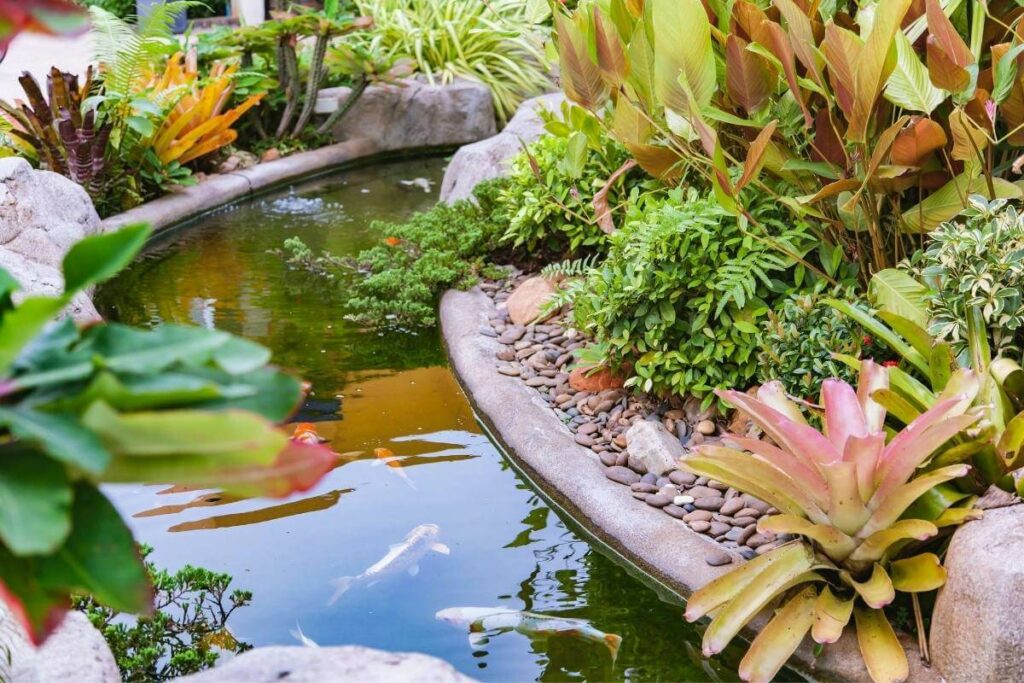
The water can be brought to a garden, a storage container, or even just to a low point in your yard away from the pond.
If you set up a container to store the overflow water, you can use that water to water your lawn and gardens.
Doing this will save you money on your water bill when you need to water your lawn, and since you are reusing “waste” water, you’re helping the environment.
If you do install a pond overflow, make sure you cover the opening with mesh.
This will keep plants or dead leaves from blocking the pipe, essentially making it useless. You’ll have to check the mesh occasionally and clean it off.
This video will show you how to easily install an overflow in your pond.
Cover Your Pond
Instead of dealing with extra water, this method stops the extra water from entering your pond in the first place.
You can cover your pond with something fancy like a sturdy gazebo that has a solid roof, or you can cover your pond with something simple like a tarp.
Installing a gazebo in your backyard might not be the look you are going for or maybe hanging a tarp every time you expect heavy rain isn’t feasible.
You can always build a simple structure, almost like a sawhorse, and attach a tarp to it.
Then when you know heavy rain is approaching all you have to do is set out the structure and let the rain fall off the tarp towards the sides of the pond.
Build Your Pond on Higher Ground
If you haven’t already built a pond, you should carefully choose where the best spot will be.
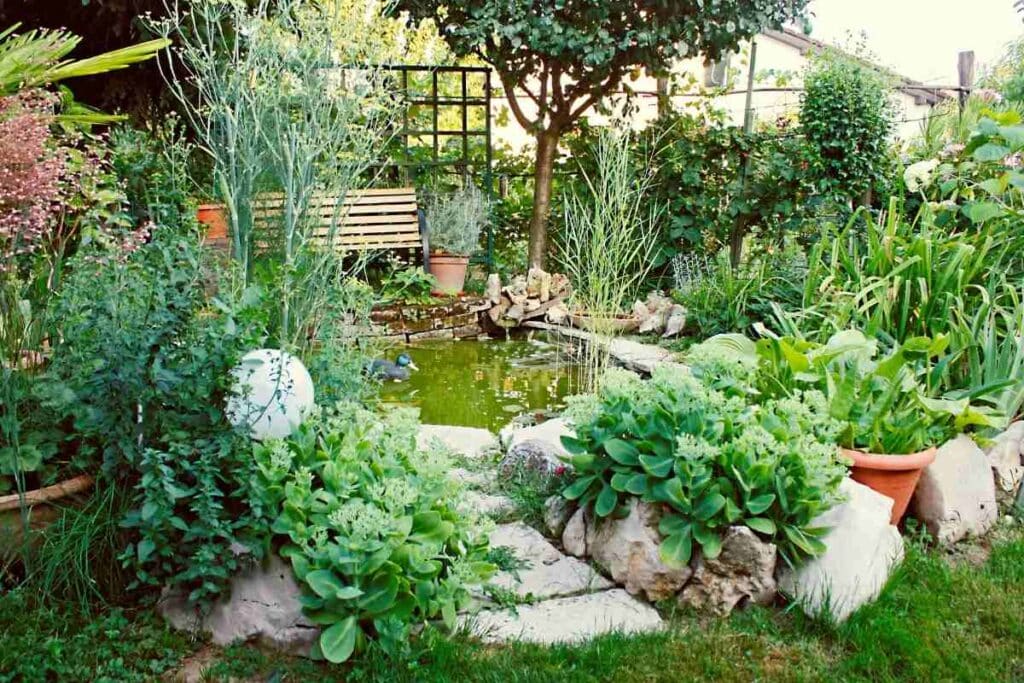
Because ponds can overflow, you shouldn’t build them on the highest ground in your backyard.
That could lead to an overflow in every direction of your property.
But you also shouldn’t build a pond at the lowest point of your backyard. All of the rainwater will flow towards it, and your pond will be prone to overflowing.
Empty Your Pond Before Winter
If you can’t clear the melting snow on top of your pond before it melts, you should consider emptying your pond before the snow falls.
This way, when the snow does begin to melt, it will fill your pond without overflowing.
Final Thoughts
No matter what you do, there is always a chance that your pond will overflow.
However, by following the tips we’ve provided, you can minimize the chances of this happening and enjoy your beautiful backyard pond without any worry.
